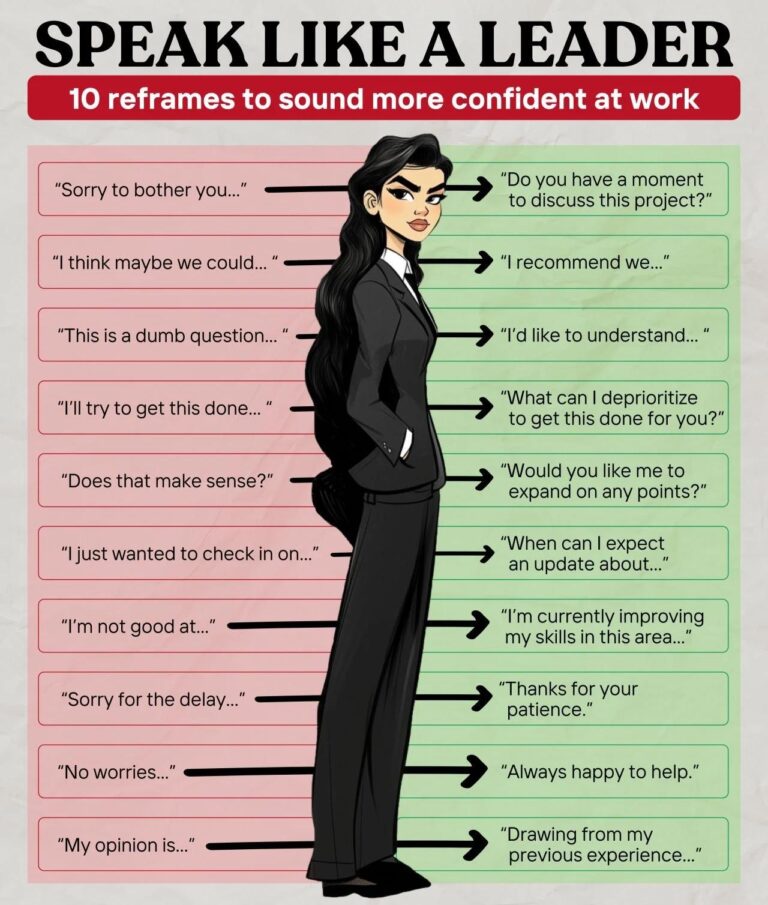Is Mauritius’ Economic Success Story Facing New Challenges?
Mauritius has long been hailed as a beacon of economic progress in Africa, often referred to as the “Mauritian miracle.” This island nation transformed itself from an economy reliant on sugarcane farming into a diverse powerhouse fueled by tourism, financial services, and technology sectors. However, evolving global conditions alongside domestic hurdles-such as rising unemployment rates, inflationary pressures, and lingering impacts from the COVID-19 pandemic-have sparked debate about whether Mauritius can maintain its impressive growth trajectory. This article explores the current state of Mauritius’s economy, identifies emerging risks to its stability, and outlines strategic approaches for ensuring sustainable prosperity.
Assessing Mauritius’ Economic Fortitude Amid Global Uncertainties
Mauritius has earned recognition for its steady economic expansion and deliberate diversification-from traditional sugar production to textiles and financial services-establishing a distinctive role within Africa’s economic framework. Yet today’s global challenges-including geopolitical tensions and climate change-pose significant tests to this resilience. Recent statistics reveal a complex scenario:
- GDP Growth Patterns: Following a severe downturn in 2020 with GDP contracting by 15.1% due to pandemic disruptions, the economy rebounded with growth rates climbing from 3.7% in 2021 up to approximately 5% in 2023. Nonetheless, projections indicate that this upward momentum may slow down.
- Labor Market Dynamics: While overall unemployment has improved since peaking at 11.5% during the height of COVID-19 restrictions in 2020-dropping near 6.5% by mid-2023-the rate of youth unemployment remains disproportionately elevated.
- Inflation Pressures: Disruptions along global supply chains have driven up local prices across essential goods and services, eroding household purchasing power.
The country’s reliance on specific industries leaves it vulnerable to external shocks that could jeopardize long-term stability if not addressed proactively. Furthermore, increasing international focus on environmental sustainability-with initiatives like the African Renewable Energy Initiative gaining momentum-places additional demands on Mauritius to integrate green development strategies.
Key innovation priorities include:
- Accelerating Renewable Energy Integration: Expanding investments in solar photovoltaic systems and wind farms can reduce dependence on imported fossil fuels while bolstering energy independence.
- Sustainable Tourism Practices: Developing eco-friendly tourism models will safeguard natural resources while appealing increasingly to environmentally aware travelers worldwide.
- Diversification into Emerging Industries: Promoting growth within tech-driven fields such as fintech or agritech alongside sustainable agriculture can provide buffers against sector-specific downturns.
| Year | GDP Growth (%) | Unemployment Rate (%) |
|---|---|---|
| 2019 | 3.5 | 6.9 |
| 2020 | -15.1 | 11 .5 |
| Focus Area< / th > | Performance Indicator< / th > | Target Deadline |
|---|







